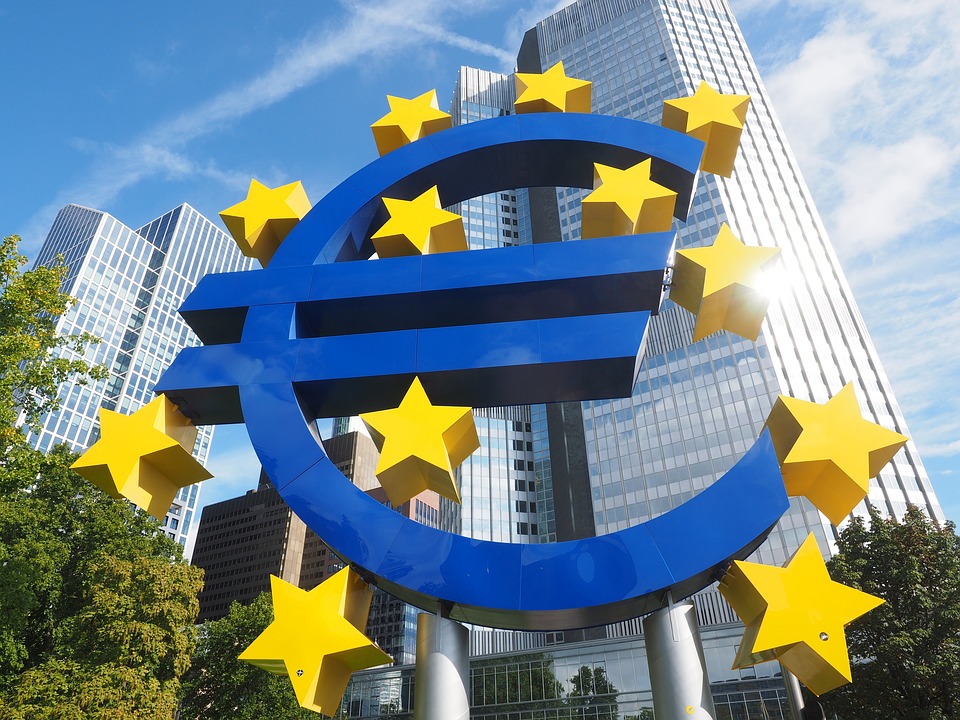Euro zone bond yields rise ahead of ECB meeting
European government bond yields edged higher on Friday as traders looked ahead to the European Central Bank's (ECB) interest rate decision next week. Germany's 10-year bond yield, the benchmark for the bloc, was up 4 basis points (bps) to 2.255%, its highest level in more than two weeks.

European government bond yields edged higher on Friday as traders looked ahead to the European Central Bank's (ECB) interest rate decision next week.
Germany's 10-year bond yield, the benchmark for the bloc, was up 4 basis points (bps) to 2.255%, its highest level in more than two weeks. Yields move inversely to prices. Yields across the bloc have risen this week after a spate of ECB officials, including President Christine Lagarde, made clear they expect interest rates to keep rising as the central bank battles persistent inflation.
Traders think a second consecutive 50 bp hike from the ECB on Thursday next week is almost nailed on. The ECB has already raised its main rate to 2%, from a record low of -0.5% in July 2022. The market reckons the rate will peak at around 3.3% in late summer, according to pricing in futures markets.
"The beginning of the year, we had a remarkable rally in safe-haven bonds, specifically (German) Bunds," said Richard McGuire, head of rates strategy at Rabobank. "Now as we head into the ECB there's certainly an element of caution. We're pausing in terms of trying to understand where the next moves might be."
Italy's 10-year yield was up 6 bps to 4.223%, also its highest in more than two weeks. The closely watched gap between Germany and Italy's 10-year yields widened to 194 bps from an 8-month low of 164 bps touched on Jan. 19.
Germany's 2-year bond yield, which is highly sensitive to interest rate expectations, was up 2 bps on Friday to 2.608%. European government bonds have bounced around so far this year. The yield on Germany's 10-year bond hit an 11-year high of 2.569% at the turn of the year after the ECB hiked interest rates hard in 2022, causing investors to demand higher returns on bonds.
Yet it hit a one-month low of 1.967% on Jan. 18 as investors hoped falling energy prices and cooling inflation would allow the ECB to stop hiking interest rates sooner than previously expected. The Federal Reserve and Bank of England also decide interest rates next week, with traders expecting the Fed to step down its pace of increases with a 25 bp hike on Wednesday.
Data on the U.S. personal consumption expenditures index, the Fed's preferred measure of inflation, is due out later on Friday. Traders will then look towards next week's preliminary euro zone inflation data for January, which is due on Wednesday.
(This story has not been edited by Devdiscourse staff and is auto-generated from a syndicated feed.)










